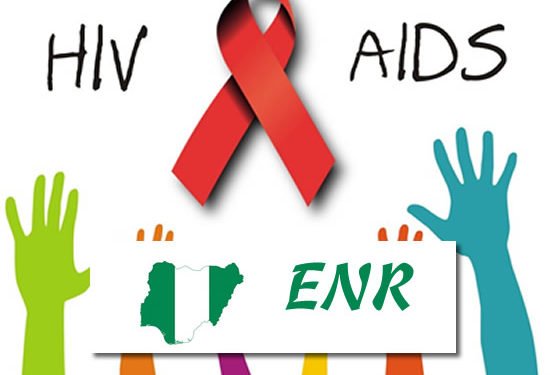
Many hospitals in Nigeria now dispense drugs that will last for three months to people living with HIV.
Mr. Ikenna Nwakanma, First Co-chairman, Coalition of Civil Society Networks on HIV and AIDS in Nigeria told the News Agency of Nigeria (NAN) in Abuja that the Covid-19 challenge and concerns over supply chain informed the decision.
“With COVID19, most of the hospitals were forced to do multi-month dispensing of drugs like we have long advocated, and it has worked perfectly,’’ he said.
Nwakanma explained that the practice would go a long way in reducing the pressure exerted on frontline health workers who were forced to see patients that had no complaints.
The co-chairman said that the practice had reduced the rate at which patients spent money not just on drugs, but on transportation to and from hospitals.
He commended hospitals for adopting the new effective and frugal approach.
“This learning from the COVID19 experience should be well utilised in shaping our HIV treatment plan, going forward.
“There is the need to now start thinking about how to make treatment flexible and to provide comprehensive care outside the hospital.
“COVID-19 brought some important learning relevant in our fight against HIV and healthcare generally. For some time, we had advocated for differentiated care model in HIV management that is patient-centered,’’ he said.
Nwakanma explained that different HIV patients with different needs were attended to based on their conditions and needs with the client as a partner in the treatment program.
“For Instance, a stable person living with HIV who has a low viral load and is experienced enough to manage his or her HIV treatment does not need to go to the hospital every month.
He said it was unfortunate that some hospitals were not abiding by the multi-month dispensing exercise and made patients keep attending hospitals to collect drugs monthly with the argument that it was for their good.
He lamented that the hospitals always collected money from such patients by disregarding what should be the best practice.
Nwakanma, however, urged affected hospitals to try and queue into the process as this would prevent people from running out of medication, reduce the need for constant visits to hospitals and prevent their exposure to sick people.
Rice, a staple for Christmas celebrations in Nigeria, has become a luxury this year. Soaring…
Panic erupted on Saturday at a concert in Lagos when the stage collapsed during Odumodublvck’s…
The Federal Government of Nigeria has allocated ₦6,364,181,224 billion for the refurbishment and rehabilitation of…
The black market dollar to naira exchange rate for today, 22nd December 2024, can be…
The Nigerian National Petroleum Company Limited (NNPCL) has refuted claims that the 60,000 barrels per…
Manchester City finds itself in unprecedented turmoil, with relegation-level form showing little sign of improvement.…